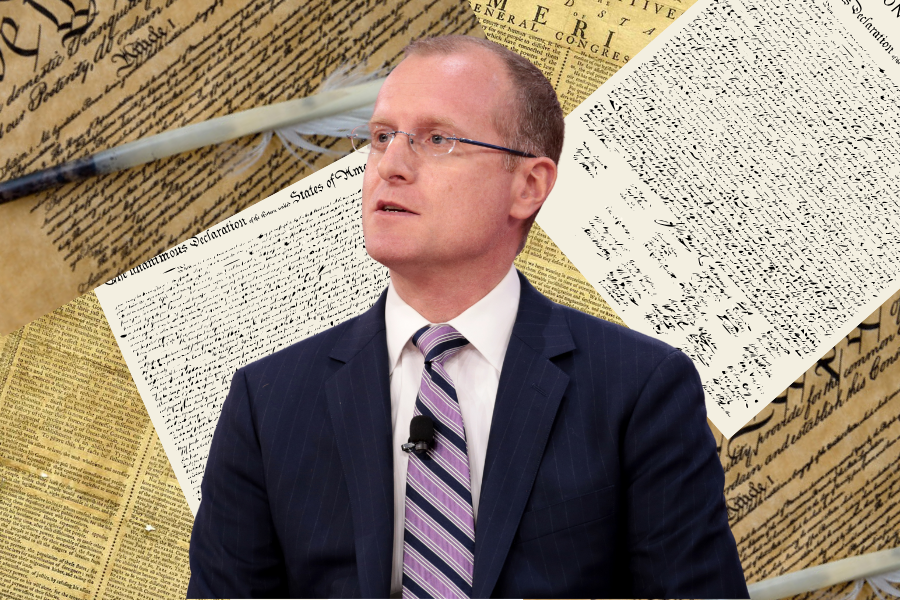As of Sept. 22, several countries in the UN voted to recognize Palestine as a sovereign nation, with two notable — but somewhat predictable — exceptions: the United States and Israel. This gesture was met with mixed emotions; many saw it as merely a symbolic gesture. Other parties see this as the framework for another two-state solution proposal, seeing as the last time this was proposed in 2015, it was rejected by Israel.
Some even think this could be the start of further U.N. involvement in the conflict, which itself is highly unlikely. Regardless, this is a step in the right direction towards the end of colonization and genocide — If it can pass, that is.
There are two problems with the path to Palestinian recognition: the Security Council and the compliance of Israel and Palestine to whatever agreement is reached. In the U.N. Security Council, nine out of 15 votes are needed to pass a draft resolution; however, all bills are contingent on the approval of all five permanent members. Russia and China have recognized Palestine since 1988, and the UK and France have finally recognized Palestine, so that’s four out of the five. The only naysayer on the council — brace for it — is the U.S.
Although President Donald Trump expressed to reporters in the Oval Office on Thursday that he would not allow Israel to annex the West Bank, he also said in his address to the U.N. on Monday that recognizing a Palestinian State is “rewarding terrorism.” This sudden shift in policy is definitely worth noting, because if the U.S. begins to put pressure on Israel to leave the West Bank alone, there could be a very real chance at establishing a Palestinian state west of the river Jordan. Then again, positions like these are rarely concrete in this administration, so take every gain with a grain of salt.
Israel, however, has shown no sign of stopping its assault on the people of Gaza and the West Bank.
“The shameful capitulation of some leaders to Palestinian terror does not obligate Israel in any way,” said Prime Minister Benjamin Netanyahu to the U.N. assembly on Thursday. “There will be no Palestinian state.”
The lack of cooperation on Israel’s part is the biggest problem when it comes to establishing a Palestinian state, but it’s nothing new; Israel has already shown that it will not follow international laws regarding warfare or treatment of civilians and prisoners of war. While many countries condemn the actions of Israel and the conditions in Palestine, few have actually taken action to prevent further violence. Recently, Italy and Spain dispatched battleships to guard the Global Solmud Flotilla in a sign of solidarity – and as a countermeasure against Israeli drone strikes and commandeerings.
While this is a major sign of progress, it also calls into question the willingness of countries to come to the defense of a country that hardly exists as of now. Will the peacekeeping force remain long term? If Israel continues to violate international law and refuses to agree to terms set by the U.N, what action will be taken?
Nevertheless, the pressure is on for Israel to end its occupation of Palestine and allow the people to govern themselves. Recently, Microsoft ended all AI contracts with Israel in a huge move by the tech company, having been faced with calls to cease its operations with the government.
As more companies move contracts elsewhere and as more countries call for a resolution to the conflict, it’s becoming increasingly apparent that this issue will no longer remain sequestered in the far reaches of the world, and may now see international attention and perhaps action taken to resolve the conflict from a third party. How that attention and action look, and how Israel reacts to it, though, may dictate the fate of the Palestinian state.















